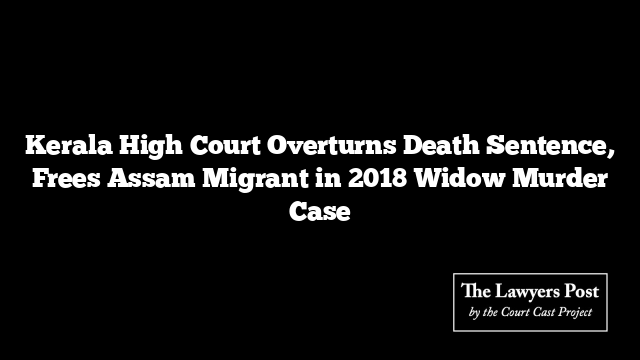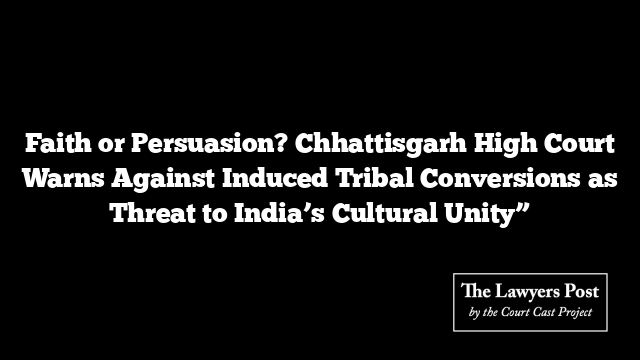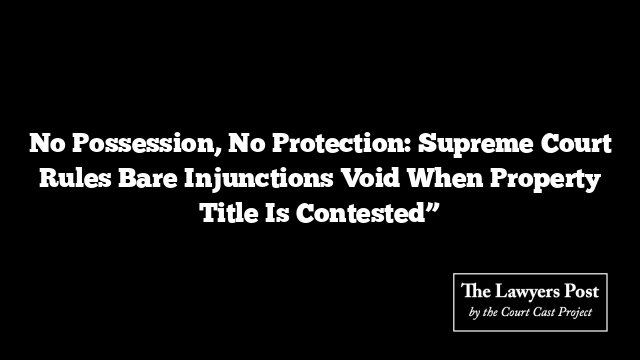In a dramatic reversal of a death penalty case, the Kerala High Court has acquitted Parimal Sahu, a migrant worker from Assam, who had been sentenced to death for the 2018 rape and murder of a 60-year-old widow.
The Bench of Justices AK Jayasankaran Nambiar and Jobin Sebastian found that the prosecution’s key witness — the victim’s son, who was mentally and intellectually disabled — was not competent to testify. His statement had formed the backbone of the prosecution’s narrative.
The judges observed that the trial court failed to conduct a voir dire test — a standard competency examination to determine whether the son could validly serve as a witness. A medical assessment had found that though the son was 35 years old, his mental age was around seven and a half.
“The absence of a voir dire examination creates serious doubt about the witness’s ability to testify reliably, particularly given his vulnerability to tutoring,” the court noted, concluding that his evidence could not be safely relied upon.
The prosecution had claimed that Sahu, who lived in the same compound as the widow, attacked her with a stone before sexually assaulting and killing her. The case began after a relative of the victim filed a complaint based on what the son had allegedly described.
But the High Court said the inconsistencies in the son’s testimony — coherent in examination-in-chief, but faltering and confused during cross-examination — suggested that he might have been influenced.
Beyond the testimony, the prosecution also leaned on an alleged confession Sahu made to doctors during his medical examination. The court rejected this, emphasizing that even if police officers stood outside the examination room, Sahu remained “in custody” for the purposes of Section 26 of the Indian Evidence Act — which bars the use of custodial confessions unless made before a magistrate.
As for the forensic evidence, the judges found it far from conclusive. DNA tests yielded no link between Sahu and the victim, and no skin cells or biological traces from him were discovered on her body.
“The scientific evidence does not assist the prosecution; instead, it reinforces the accused’s claim of innocence,” the court stated, setting aside the conviction and ordering Sahu’s release from death row.
With that, a case that once ended in a noose now closes in exoneration — a reminder, the court seemed to imply, that justice demands not conviction, but certainty.





